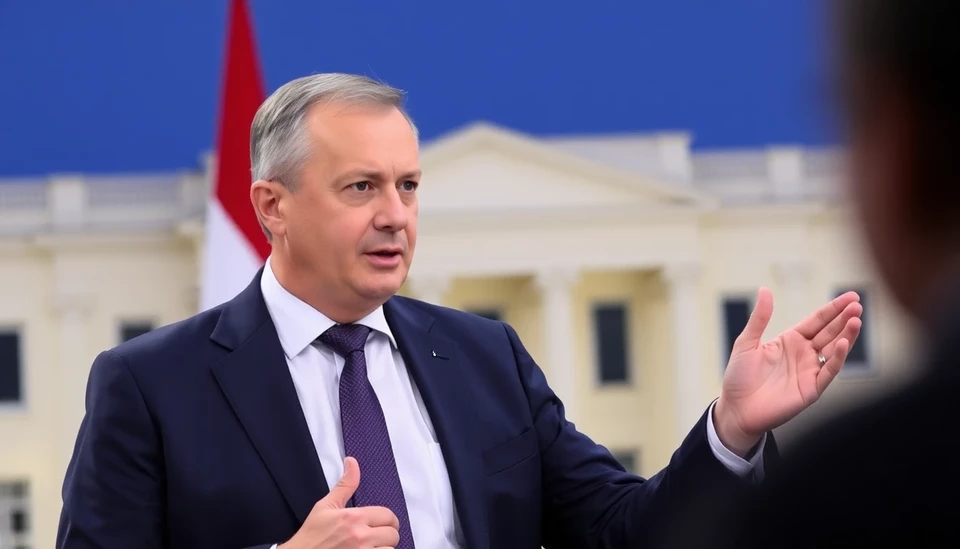
On November 19, 2024, Hungary’s central bank announced its decision to maintain the key interest rate at 13%, signaling its commitment to stability amid ongoing economic uncertainties. This strategic move comes as the nation navigates a complex economic landscape marked by inflationary pressures and global market fluctuations.
The National Bank of Hungary’s (NBH) decision reflects its cautious approach to sustaining economic growth while managing inflation. The current rate has been unchanged since the last adjustment, which took place earlier this year. The central bank emphasized that it remains watchful of the inflation trajectory, which has shown signs of stubbornness despite previous monetary tightening measures.
Analysts have pointed out that the NBH's focus has shifted toward providing more guidance regarding future monetary policy. The expectation for next steps is closely tied to both domestic economic indicators and global financial stability. The bank underscored that it would monitor ongoing developments both within the country and abroad before making any adjustments to its stance.
In its announcement, the NBH reiterated its commitment to achieving price stability, indicating that inflation control remains a priority. The central bank has deployed several tools over the past year, including increases in the key interest rate, to combat rising prices, which have been significantly impacted by external factors such as energy prices and supply chain disruptions.
Looking forward, the NBH has signaled a potentially prolonged period of high-interest rates as it aims to anchor inflation expectations. According to policymakers, clear communication about monetary policy intentions will be crucial in guiding both market and consumer behavior. The bank intends to provide regular updates on its assessment of economic conditions to keep stakeholders informed and to foster confidence in its monetary policy framework.
The economic backdrop against which this decision was made is multifaceted. Domestic consumer demand appears resilient, yet external pressures remain concerning. Geopolitical tensions, changing trade dynamics, and central bank policies in other major economies could influence Hungary's economic outlook in the coming months.
As market participants await further updates from the NBH, there is a growing consensus that the focus will remain on inflation management. Several economists have noted that any signs of easing inflation could lead the central bank to reconsider its stance; however, a robust commitment to maintaining the current interest rate is seen as essential to reaching desired inflation targets.
In conclusion, Hungary's decision to hold the key interest rate steady reflects a commitment to cautious economic management and signals that the central bank is preparing stakeholders for a challenging economic environment ahead. As the situation evolves, the emphasis on clear guidance will be vital for market confidence and economic stability in Hungary.
#Hungary #CentralBank #InterestRate #EconomicStability #InflationControl #MonetaryPolicy #NBH
Author: Daniel Foster




